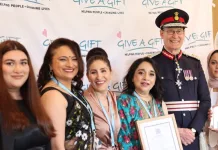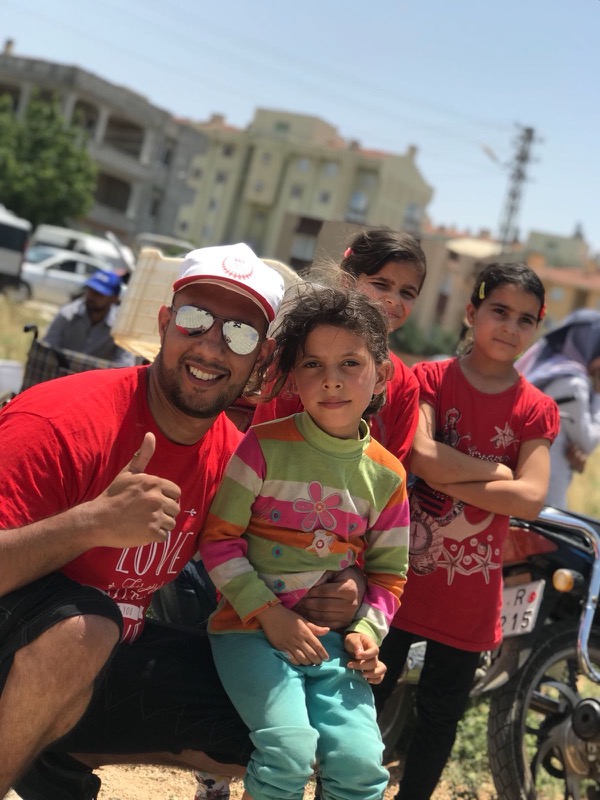Children and families worldwide are devastated daily by brain tumour diagnoses, with around 50 children diagnosed with brain and other central nervous system tumours each year in Yorkshire alone.
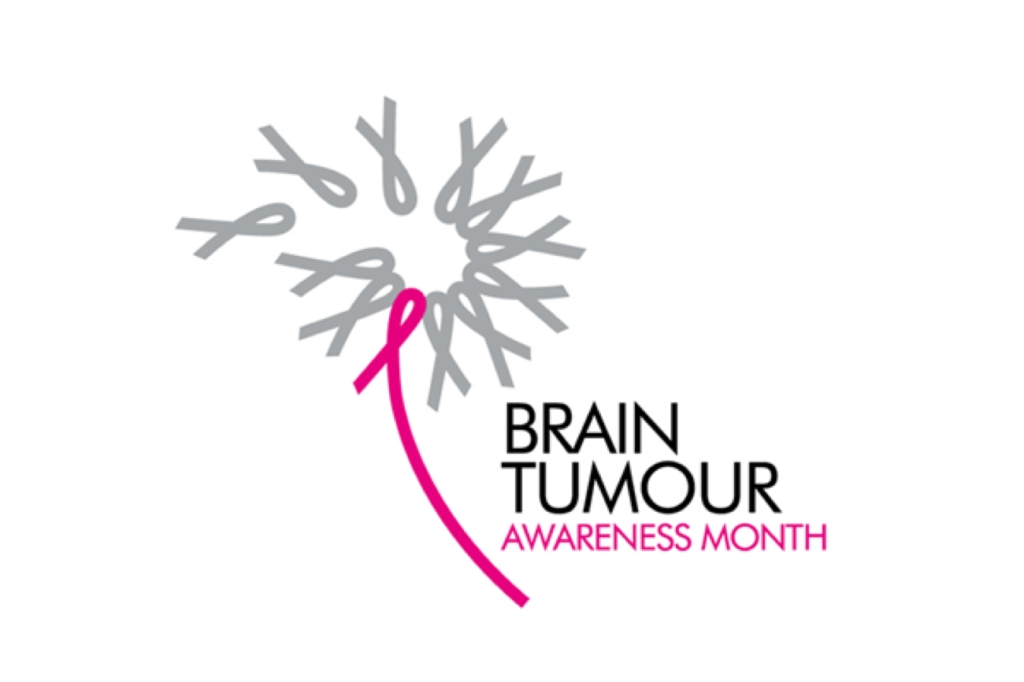
During Brain Tumour Awareness Month this March, Yorkshire children’s cancer charity Candlelighters aims to raise awareness of brain tumours and the need for greater research funding.
Brain tumours account for one quarter of all childhood cancers and are the leading cause of death.
Despite advances in treatments, outcomes for the most malignant types of childhood brain tumours remain very poor and far worse than other types of childhood cancer.
Candlelighters is dedicated to supporting children and families through childhood cancer and has been for over 40 years, providing emotional, practical and financial support. This support is there for as long as needed, which is crucial for children with brain cancers, who often suffer from long-term effects due to the aggressive treatments they receive.
Candlelighters also look to the future, supporting much-needed research into childhood cancers, including brain tumours.
Since 2018, Candlelighters have supported academic neurosurgeon, Ryan Mathew, as part of a programme to enhance brain tumour research. Ryan splits his time between treating brain tumour patients and researching to develop these treatments.
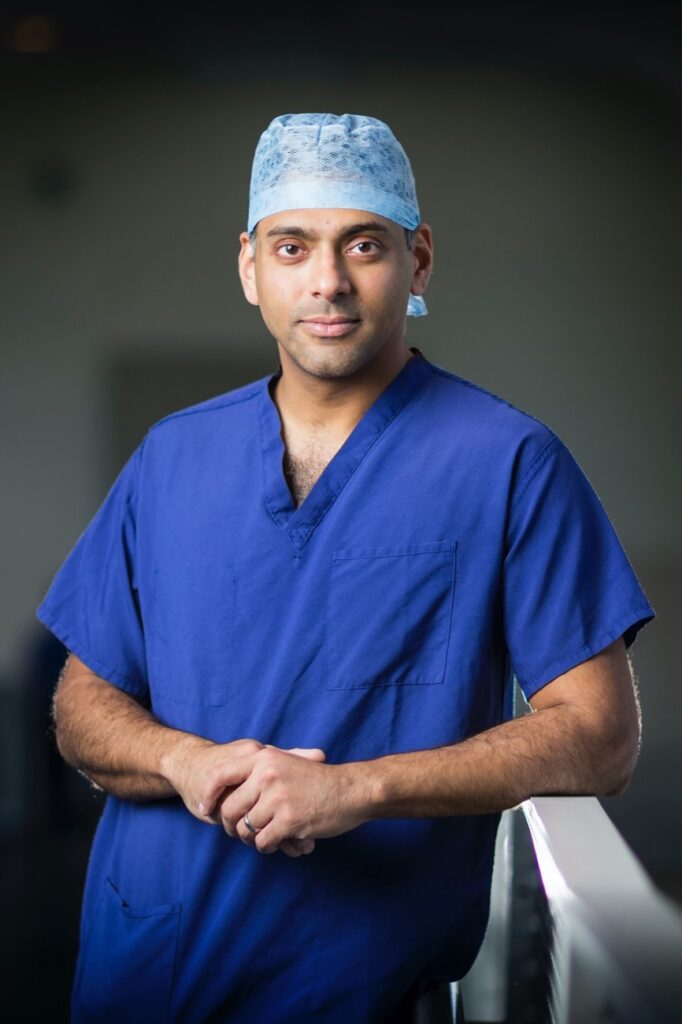
He is the first and only academic neurosurgeon at Leeds’ Hospitals and one of only a few across the UK: a role made possible through funding from Candlelighters and Yorkshire’s Brain Tumour Charity.
Passionate about researching brain tumours, Ryan tells us: “The treatments we have for brain tumours are wholly inadequate. Having become a doctor to cure people – not just make them a little bit better, I decided there must be more we could do.”
Ryan and his colleagues strive to improve understanding of brain tumours and cancers, to work towards better treatments and cures.
Ryan and his team, who he co-manages alongside Dr Heiko Wurdak, are progressing cutting-edge research to treat and understand brain tumours. This includes the use of ‘mini-brains’ (pea-sized tissue cultures) to observe the behaviour of tumours in the brain and research methods such as targeted drugs, precision lasers and nanoparticles to target leftover cancer cells following surgery.
He adds: “Targeting the leftover cells is challenging because they are hard to see and are intermingled with normal brain cells, but it is essential to get rid of them as they are responsible for the tumour re-growing.”
The team are also looking at new technologies to benefit patients, including augmented reality during treatment and rehabilitation, and speech analysis for earlier detection of tumours.
This research is crucial to help children like Leighton Moorhouse from Heckmondwike, who was just six when he was diagnosed with a brain tumour. His mum, Kerry says: “Leighton had always been a happy little boy full of smiles and giggles.
“During the winter months of 2018, Leighton became unwell, screaming in pain with headaches, vomiting and unable to walk in a straight line. Leighton collapsed at school on 12th February 2019 and was diagnosed with a brain tumour.”
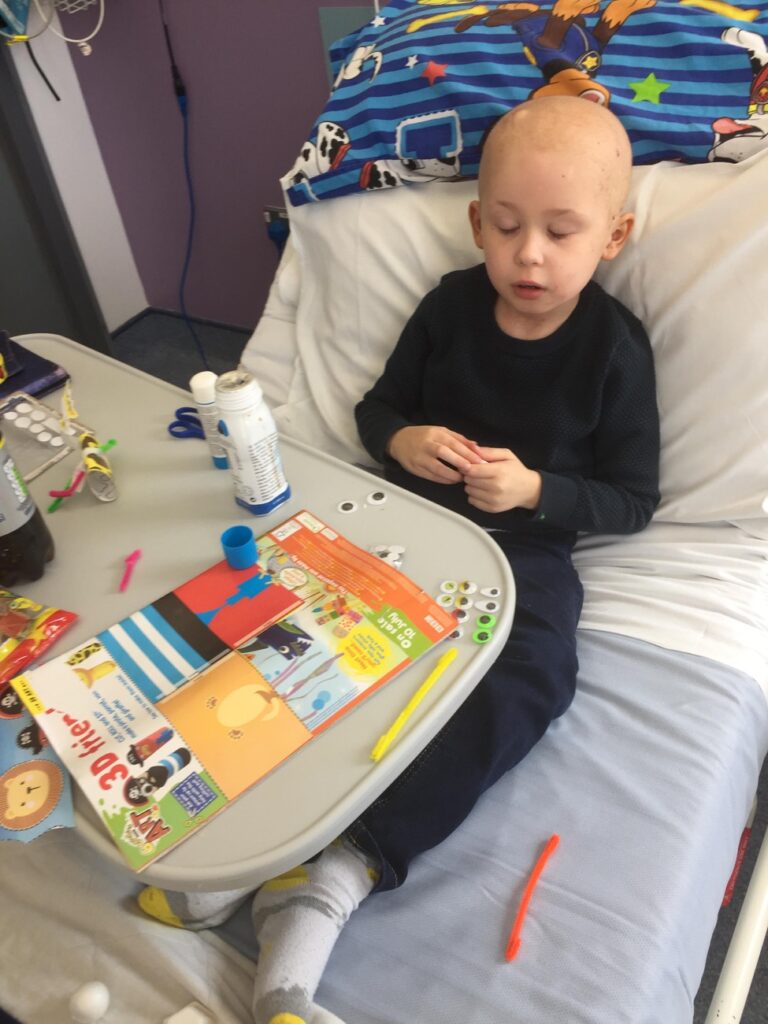
Leighton underwent emergency surgery to release pressure on his brain, requiring a further operation two days later to remove the tumour. Kerry said: “We were hours away from losing Leighton; our world just collapsed.
“Following surgery, we spent just over a month on the neuro ward, Leighton couldn’t walk or talk, but he still laughed and giggled.”
Leighton’s family received further bad news, finding that his tumour was a grade four sub-type of medulloblastoma; requiring aggressive treatment of 30 rounds of radiotherapy and four rounds of chemotherapy.
Now aged eight, Leighton has finished his treatment and is doing well, having six monthly scans.
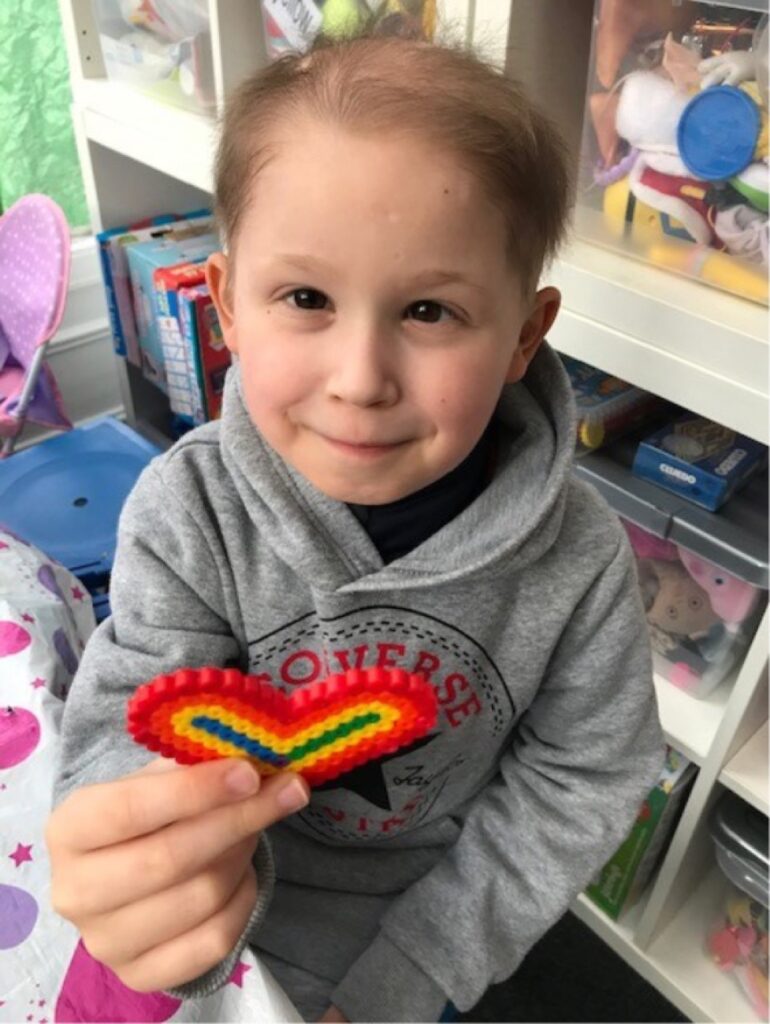
Candlelighters supported Leighton and his family right from their stay at the hospital, providing them with practical support on the wards, therapy sessions, sibling groups and even holidays.
Kerry adds: “Just having Candlelighters there, knowing someone was making the days more bearable, was a massive support. Along with the financial support, not worrying that I couldn’t get Leighton what he wanted to eat, they just sorted it; nothing was ever too much trouble.”
Emily Wragg, CEO of Candlelighters, commented: “We have a mission to bring light and hope to every family affected by childhood cancer across Yorkshire.
“For over 40 years, we have been there for families, supporting them through a journey that is simply unimaginable unless you have been through it. We also invest in vital research to improve the outcomes and lives of children with cancer.
“We are incredibly proud to support Ryan and his work. Research into childhood cancers will bring about life-changing improvements for children and is also ensuring experts are here in Yorkshire to treat children facing childhood cancer now.”
Meanwhile, Ryan implores: “If you want to make progress in things like cancer and brain tumours, you need people funded to do that work, who have the time paid to run research groups, to bring more funding in, to collaborate with other groups around the world or the country.”
The good news is that research is improving the outcome of a brain tumour diagnosis for children.
Figures from The Yorkshire Specialist Cancer Register in Children and Young People, also funded by Candlelighters and led by Dr Richard Feltbower and Professor Adam Glaser at the University of Leeds, shows a 10% increase in five-year survival rates for 0-18 year olds in Yorkshire for central nervous system tumours diagnosed between 2014 and 2018 compared to those between 1994 and 1998. Survival rates are now up at 80% five years after diagnosis.
You can find out more about Candlelighters by visiting their website at www.candlelighters.org.uk


